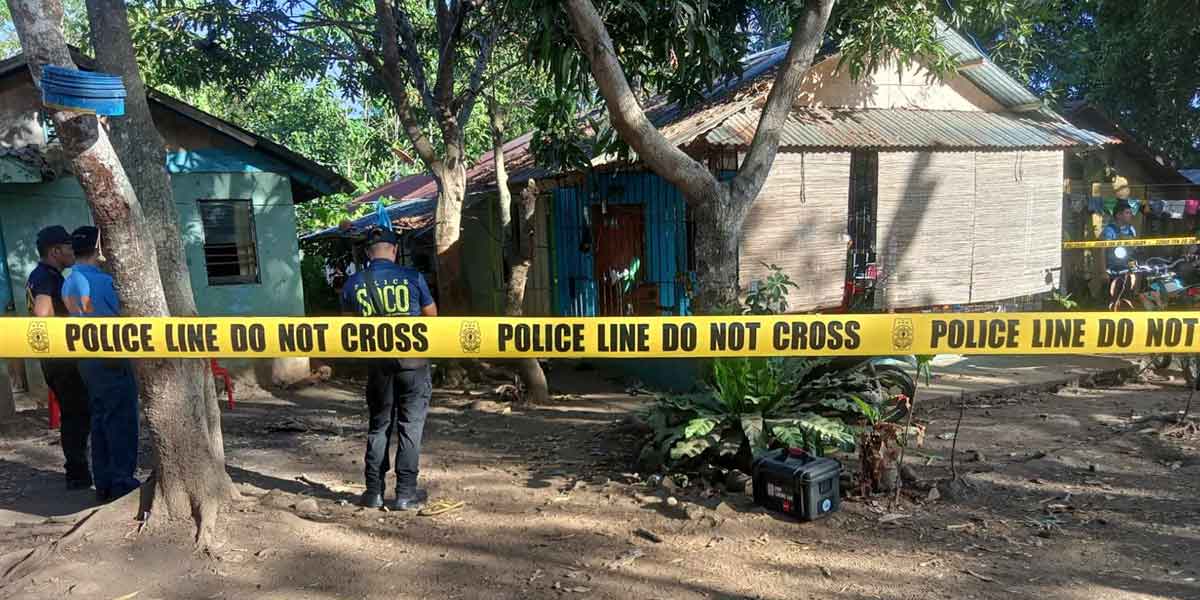By Herbert Vego
“GENERALLY peaceful” is how the Philippine National Police (PNP) vaguely describes crime incidents unfolding during the Holy Week. We take it to mean that even hardened criminals take a week off from “sinning” in order to repent and seek God’s forgiveness.
It could also be an occasion for foreign tourists to visit towns in Pampanga where barefooted and half-naked flagellants whip their bleeding back while walking around the streets as a means of penance for disobedience.
“Pagpamalandong” is why hard-hitting Ilonggo broadcasters seal their lips this week.
I wish it were the other way around: Sin for only one week and act “holy” the rest of the year.
I can never forget that distant past when an old woman scolded us small boys playing noisily at the plaza on a Good Friday.
“God is dead today,” she admonished, reminding us of Jesus Christ’s fatal crucifixion.
My young mind could not fathom how God could die every year without losing control of the universe.
Rather than belabor the issue, let’s agree that “Holy Week” refers to the final week of Jesus’ life as told by disciples Matthew, Mark, Luke, and John.
Palm Sunday recounts Jesus’ entry into Jerusalem on a donkey as a multitude of Jews holding olive leaves gathered around him, shouting “Hosanna” – a Hebrew word meaning “Save us!
But while the crowd might have really loved Jesus, the leaders of the Jewish establishment hated him.
Maundy Thursday brings back to mind that day when tension between Jesus and the religious leaders rose to fever pitch.
“Jesus knew that the time had come for Him to leave this world and go to the Father. Having loved His own who were in the world, He now showed them the full extent of His love” (John 13:1).
He did it by washing his disciples’ feet and by sharing with them his last supper.
Also, on Maundy Thursday, Christian churches throughout the world share Communion as a way of both remembering Jesus’ final meal with his disciples and solemnly rejoicing in how Christ comes to believers for the forgiveness of sins.
Good Friday commemorates the day on which Christ hung and died on the cross. As to how his suffering and death turned out to be “good,” theologians simply interpret it to be so because it has made possible the “redemption through His blood, the forgiveness of sins” (Ephesians 1:7).
According to the gospels of Matthew, Mark and Luke, Jesus’ act of driving money changers and merchants out of the Jewish temple had infuriated the high priests.
Black Saturday is “black” because it is a day of mourning, a day when Jesus Christ was laid in his tomb after his death by crucifixion.
While Easter Sunday celebrates the resurrection of Christ, the word “Easter” is of pagan origin, referring to Ishtar, the pagan goddess of fertility and sunrise. No wonder some Christian churches celebrate the resurrection of Jesus with an “Easter sunrise service.”
There is discrepancy in the resurrection tales as told by Mark and Matthew. In Mark, three women – identified as Mary Magdalene, Salome and Mary the mother of James — visited Jesus’ tomb on Sunday morning, only to find it empty; the tomb stone cover had already been rolled away.
But in the book of Matthew, the same women initially found it closed. Then there came an “angel” who rolled the stone away, revealing an already empty tomb.
Strangely, it was only Paul (Acts 1:9) who wrote having seen the resurrected Jesus in the company of 11 apostles for 40 days, after which “he rose into the sky and disappeared into a cloud.”
You see, a perpetually dead Christ would have rendered Christianity a farce.
-oOo-
MORE POWER ANNOUNCEMENT
THE Customer Services Office (CSO) of MORE Power at the Hotel del Rio will be closed on March 28 (Maundy Thursday), March 29 (Good Friday), and March 30 (Black Saturday); will re-open on Monday, April 1, 2024.
All power consumers, however, may still avail themselves of personnel assistance in case of electrical problems by calling the company’s hotline numbers: 330-6673, 0919 072 0626 and 0917 637 5214.





















